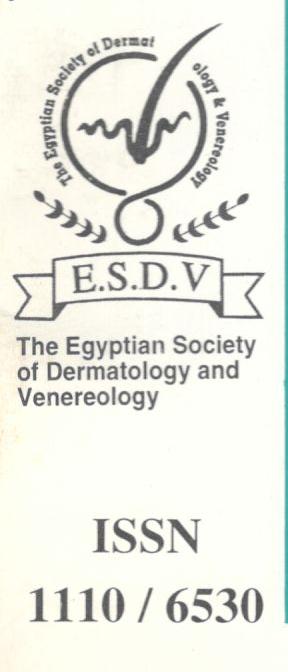Introduction: Egypt is estimated to have the highest prevalence of chronic hepatitis C virus infection in the world, with a reported average rate of 14.7%. In addition, chronic hepatitis was found to be an independent risk factor for the development of erectile dysfunction (ED).
Aim: To identify the prevalence and risk factors of ED in a sample of HCV-infected patients and to study their sex hormone profile.
Methods: A total of 72 patients with chronic hepatitis C and 150 sexually active male volunteer were randomly enrolled in the study. Assessment of erectile function for patients and controls was carried by using the abridged Arabic version of the international index of erectile function (IIEF-5), followed by intracorporeal injection of Prostaglndin E1. Serum levels of total testosterone, estradiole, follicle-stimulating hormone (FSH), Luteinizing hormone (LH) and prolactin were determined for all patients and controls as well as serum HCV RNA viral load in patients.
Main outcomes measures: The abridged Arabic version of the international index of erectile function-5 (IIEF-5) diagnosed ED (cutoff score ≤ 21). Serum levels of sex hormones were determined.
Results: Erectile dysfunction was diagnosed in 27.8% of HCV-positive patients compared to 15.3% of control subjects (P<0.01). Total IIEF-5 score was significantly lower (P<0.01) in HCV-positive patients (12.50±4.37) compared to control (15.95±4.81). HCV patients demonstrated lower total serum testosterone level (P<0.01) and higher serum prolactin and estradiol levels (P<0.05 and P<0.001respectively) compared to controls. IIEF-5 score in hepatitis patients showed a statistically significant negative correlation with disease duration (P<0.01), viral load, serum prolactin (P<0.05) and serum estradiole (P<0.05).
Conclusion: There is evident decline of the erectile function in patients with HCV, which can be attributed to the abnormal hormonal profile in these patients.


